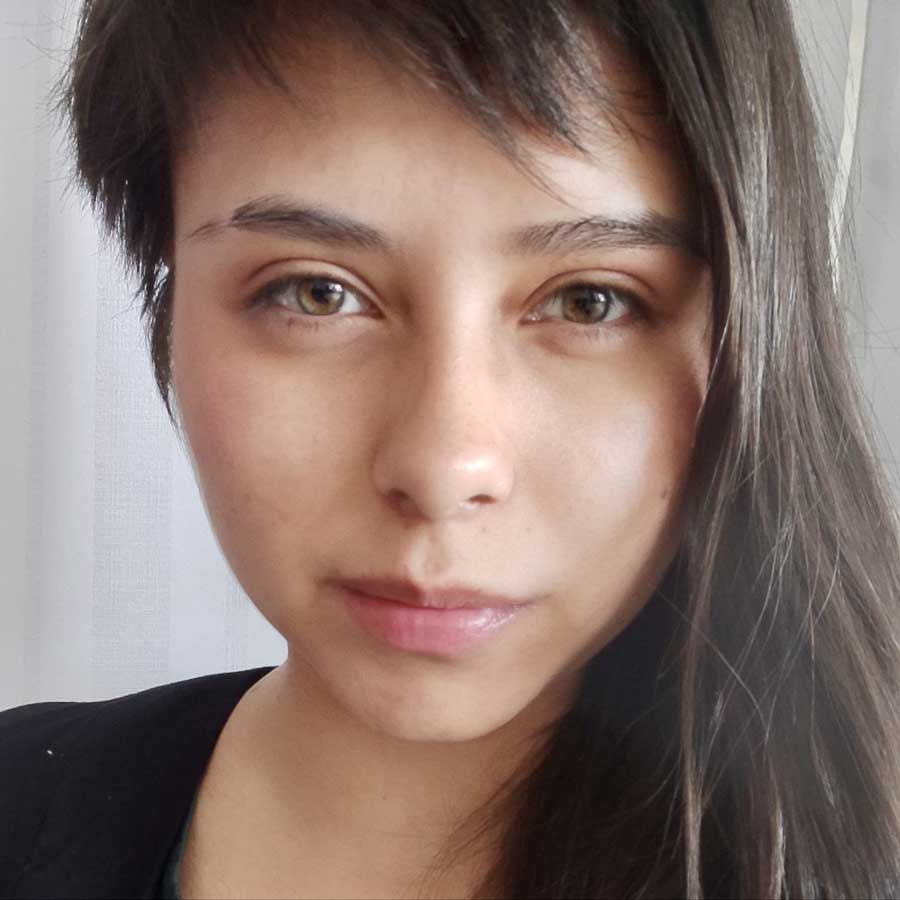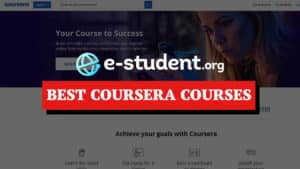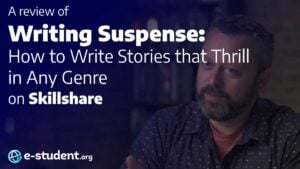Can you imagine looking at the world through the eyes of a writer, curious about everything and on the lookout for extraordinary stories hidden in everyday life? This is precisely what “Creative Nonfiction: Write Truth with Style” promises to teach you, among other things. In this course, Susan Orlean tries to share her take on nonfiction narratives and how to transform seemingly ordinary subjects into extraordinary stories that captivate readers. Let’s take a look at her writing process and see if this course is truly worth the investment if you wish to become an expert nonfiction writer.
Table of Contents
Course overview
“Creative Nonfiction: Write Truth with Style” is a Skillshare course taught by Susan Orlean, a staff writer at The New Yorker. With 14 in-depth lessons and a length of 1 hour and 49 minutes, this course will teach you all the secrets to writing creative nonfiction and turning everyday subjects into extraordinary stories.
Who is Susan Orlean?

Susan Orlean is an American journalist who has written for The New Yorker since 1992. She has also contributed to publications like Rolling Stone, Vogue, and Esquire. She has written eight books, such as “The Orchid Thief” and “Rin Tin Tin,” a New York Times bestseller.
Who is this course's target audience?
This course is designed for writers of any expertise level, but it offers expert writing tips that can benefit anyone curious about creative nonfiction. For anyone with a story to tell, “Creative Nonfiction: Write Truth with Style” has something to offer. With an instructor as experienced as Susan Orlean, the course is very dynamic and easy to understand, making it a great resource for both beginner and experienced writers.
Course Content
To give you a better idea of what the course covers, here is a summary of the lessons:
- Introduction
- In this video, Susan Orlean introduces herself as a writer and talks about creative nonfiction as a foundation for good writing in different genres. She also shares an example piece, “The American Male at Age 10,” which will be used in the course.
- Subject: Finding Your Topic
- In this lesson, Susan shares her tips on how to find a compelling story idea for nonfiction writing, emphasizing the importance of curiosity and the need to actively seek and follow story ideas from everyday experiences and observations.
- Subject: Finding “The American Male at Age Ten”
- Susan explains how she found the subject for her story “The American Male at Age Ten” and how important it is to generate ideas constantly.
- Research: Preparing for Reporting
- Susan shares her three-part research process: reporting, thinking, and writing. She also suggests entering the story unprepared and using simple note-taking tools during reporting. A reporter’s notebook and a pen are all you need.
- Research: Reporting
- In this lesson, Susan provides practical advice on the research and reporting phase of nonfiction writing, like having to-do lists to organize the process and ensure you cover everything you need for your story.
- Research: Organizing Notes
- This section is about the importance of the thinking stage in nonfiction writing. Susan covers the process of reviewing notes and highlighting key sections and shares a wonderful technique to replace writing outlines with the help of index cards.
- Writing: Elements of a Story
- Susan discusses the essential elements of a story and analyzes them in her work. She teaches you how to write an eye-catching lead and how to maintain dialogue and quotes to a minimum to improve your storytelling.
- Writing: Dialogue and Quotes
- This lesson is about the significance dialogue and quotes hold in non-fiction storytelling and how to know if a dialogue or quote is worth being included in your story.
- Writing: Description
- Susan suggests using descriptions sparingly but making them bright and vivid to balance with the other elements of the story.
- Writing: Expert Opinion
- Susan recommends paraphrasing expert opinions and using them to add depth to the narrative without boring the readers.
- Writing: Conclusions
- Susan shares her secret to writing great conclusions: avoid simple recaps; you need to evoke emotions and leave the readers wanting more.
- Editing: Revising
- This lesson is about the importance of revision in the writing process. Susan recommends reading your work aloud, a tip I’ve heard from multiple authors teaching on Skillshare, like Simon Van Booy and Roxane Gay. Susan also suggests maintaining a daily revision routine and seeking external feedback to avoid making obvious mistakes.
- Editing: Collaborating
- Susan talks about how editors, friends, and workshops can provide you with valuable feedback and help you improve your work.
- The Ongoing Work of a Writer
- In the final section, Susan encourages you to develop further as a writer by reading and imitating your favorite authors and having a notebook to write down your ideas as well as everything that makes you feel inspired.
What I liked about the course

1. Susan Orlean’s approach: I loved Susan’s approach to teaching creative nonfiction. She is a passionate and expert writer, and it shows through her teaching – her joy is contagious and motivates you to follow along with the lessons.




What I didn't like about the course
- Lack of practical exercises: The course has a lot of examples that make it easy to understand the concepts Susan Orlean teaches, but it would have helped if it included more practical exercises to immediately apply what was being taught.
How much does the course cost?
Courses on Skillshare can not be bought individually – they can only be accessed by signing up for a Skillshare membership. The good news? Skillshare offers e-student.org learners a full month free trial if you use our link (if not using our link, there is normally only a 7-day free trial). As virtually all Skillshare courses will take you less than a month to complete, you can in effect take this or any other Skillshare course for free – or any number of courses that you can finish in a month.
Once your free trial is over, the cost of Skillshare is $165 per year, which averages out to $13.75 per month. This gives you full access to all 34,000+ Skillshare courses. But if you're not happy to continue, you can easily cancel any time before your free trial ends – just go to your payment settings in your account.
If you have no need for a free trial, you can instead get %30 discount on your first year by using this special link instead. With this link, your first year will be just $115.50, averaging out to $9.63 per month. Note that this offer is only valid for new accounts, so it can't be combined with the 30-day free trial.
Conclusion – Is the course worth it?
“Creative Nonfiction: Write Truth with Style” by Susan Orlean on Skillshare offers a comprehensive guide to the creative nonfiction writing process. Susan’s years of experience as a renowned writer and her useful tips and advice on research and reporting make it a worthwhile learning experience for aspiring writers and anyone looking to tell a story.
However, it’s important to note that the course leans more towards theory and knowledge sharing than hands-on practice. If you’re seeking a course with numerous practical exercises, this course may not fully satisfy that area. Nevertheless, it provides a strong foundation for understanding the process of creative nonfiction writing.
Ultimately, the decision to enroll in this course depends on your specific goals and learning style. But if you’re looking to learn from a professional writer and develop a deeper understanding of writing nonfiction and the research process that comes with it, “Creative Nonfiction: Write Truth with Style” is one of the best courses you can take to foster your writing abilities, totally worth your time and investment.
It’s your chance to explore the world of creative nonfiction and transform everyday moments into extraordinary stories. Are you ready to write truth with style?




